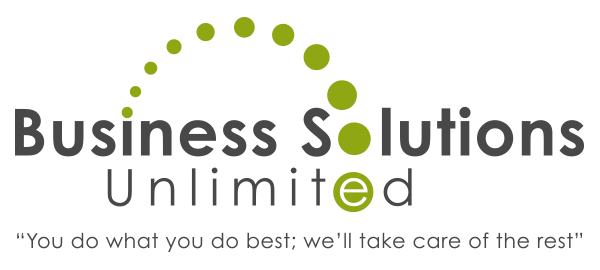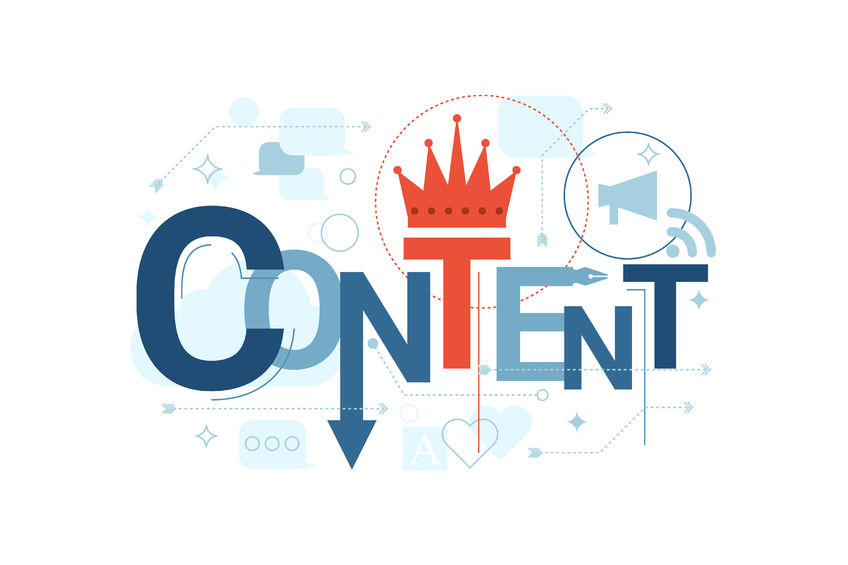On August 1, 2018, many websites took a tumble in their Google rankings.
On that date, the most popular search engine in the world announced a “broad core algorithm update.”
Who benefited from this update? According to Google, “pages that were previously under-rewarded” saw a benefit in their rankings.
For sites that dropped in rankings, Google offered some advice back in March when the search engine giant released a similar update:
“There’s no “fix” for pages that may perform less well, other than to remain focused on building great content. Over time, it may be that your content may rise relative to other pages.”
“Great content” is a huge clue to what Google is searching for. Search engine optimization (SEO) experts suggested that Google is rewarding websites that follow their E.A.T guidelines: Expertise, Authoritativeness, Trustworthiness.
In An E.A.T. Online World, Reputation and Credibility Might Matter More Than Ever
Google recently updated their Search Quality Rater Guidelines to include the phrase “reputation of the creator of the content” as a guiding metric for its human “Quality Raters” who comb the internet rating websites.
It follows that Google would start including those signals into its algorithm updates.
That brings us to Google’s preference for Expertise, Authoritativeness, Trustworthiness (E.A.T.) when assessing a site.
During this latest update, SEO experts noted that websites from health and finance were particularly impacted (both positively and negatively).
For example, medical organization sites with diet articles are now outranking general diet sites. It appears Google is rewarding content created by—what it deems—more credible sources.
Another Factor in Search Quality: Your Money or Your Life (YMYL)
Health and finance websites fall into what Google calls “Your Money or Your Life” (YMYL) category. Google considers these sites to have the potential to significantly affect someone’s life and wants to ensure that search engine result reflects that importance.
According to the Search Quality Rater Guidelines, YMYL Categories include:
Shopping or financial transaction pages: web pages that allow users to make purchases, transfer money, pay bills, etc. online (such as online stores and online banking pages).
Financial information pages: web pages that provide advice or information about investments, taxes, retirement planning, home purchase, paying for college, buying insurance, etc.
Medical information pages: web pages that provide advice or information about health, drugs, specific diseases or conditions, mental health, nutrition, etc.
Legal information pages: web pages that provide legal advice or information on topics such as divorce, child custody, creating a will, becoming a citizen, etc.
News articles or public/official information pages important for having an informed citizenry: web pages that include information about local/state/national government processes, policies, people, and laws; disaster response services; government programs and social services; news about important topics such as international events, business, politics, science, and technology; etc.
Other: such as “hobby” topics, child adoption, car safety information, etc.
As you can see, many sites—and businesses—would fall under YMYL categories.
Even if you don’t fall under the above categories, it’s important to realize that Google is strategically looking to rank high-quality pages higher than low-quality ones.
What’s a Small Business To Do To Improve Their Website Ranking?
The Search Quality Rater Guidelines provide ways a small business website can master E.A.T. and give Google (and their quality raters) signals.
Below are suggestions for your Website and your reputation:
Provide Quality Content
Webpages on your site should present enough main content on a topic to satisfy a visitor’s needs and purpose.
Google says to create great content and pay attention to the reputation of the content creator.
If your website features authoritative content, be sure it comes from a credible source.
If you’re creating your own content, get known for providing expert advice in your field by working on your E.A.T. factors.
Be Thorough and Accessible
Your website should feature an About Us, Contact or Customer Service page.
Establish Your Credibility
Here are ways you can build your authority and reputation:
- Post a bio on your website and link to it from every article you write
- Be active—and responsible—on social media
- Work on putting out authoritative PR
- Be available to be interviewed and quoted by media outlets
- Continue to create quality content that makes a positive difference in your target market’s life
Reach Out for Help
We understand that many businesses owners and managers are too busy to create quality content. If that describes you, then consider delegating.
Give Business Solutions Unlimited a call at (904) 429-4588 and let us get to work on your E.A.T. content today.

